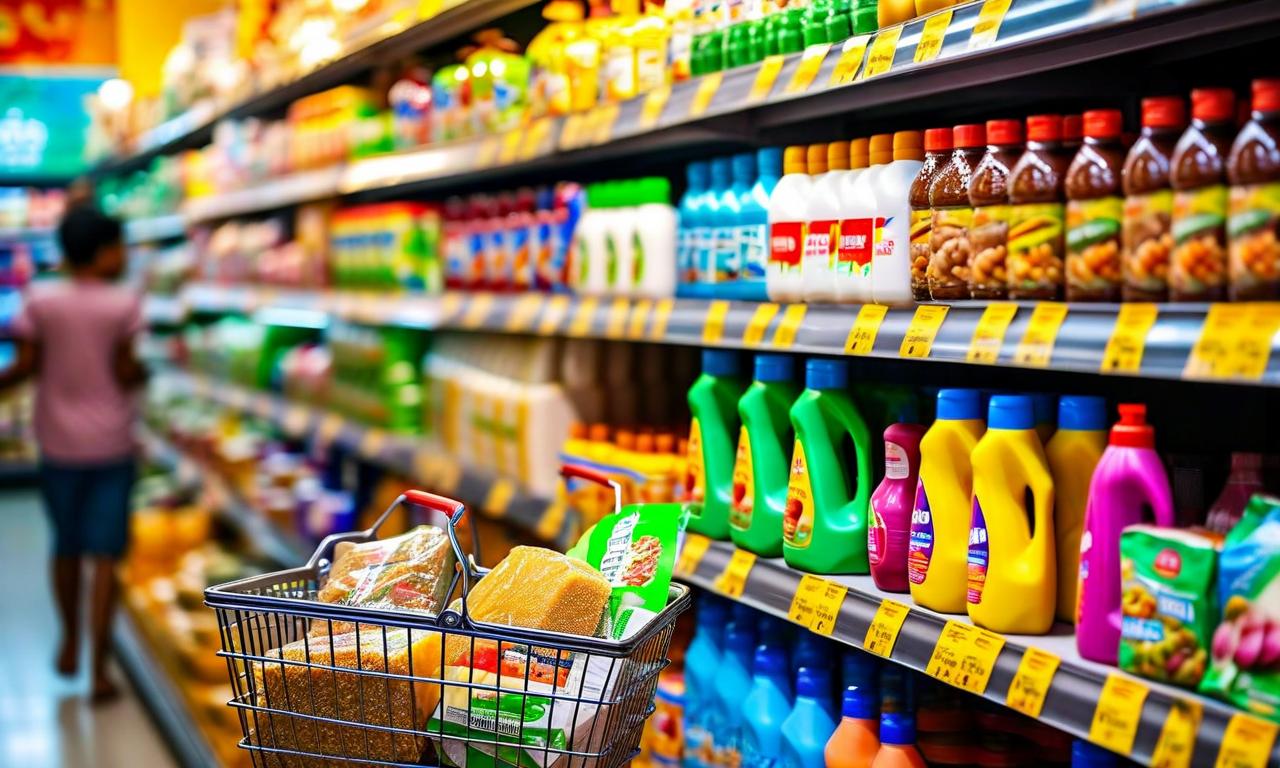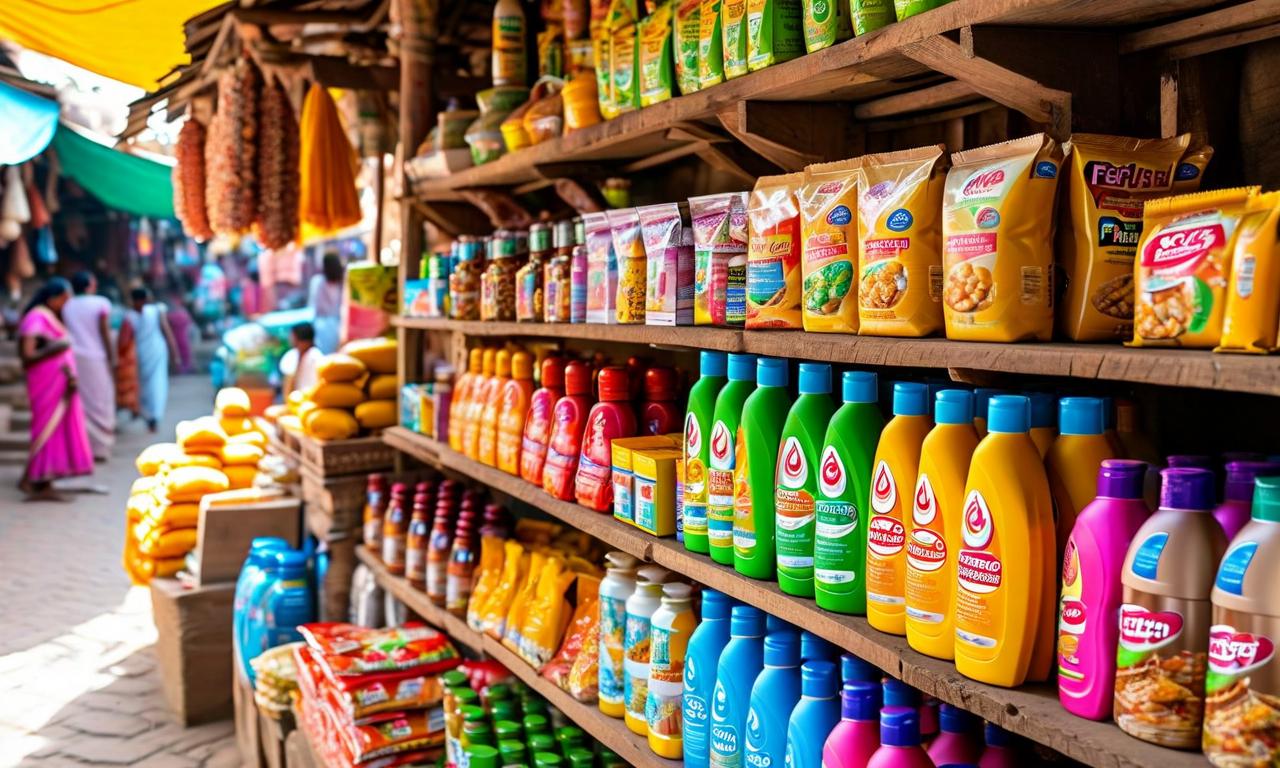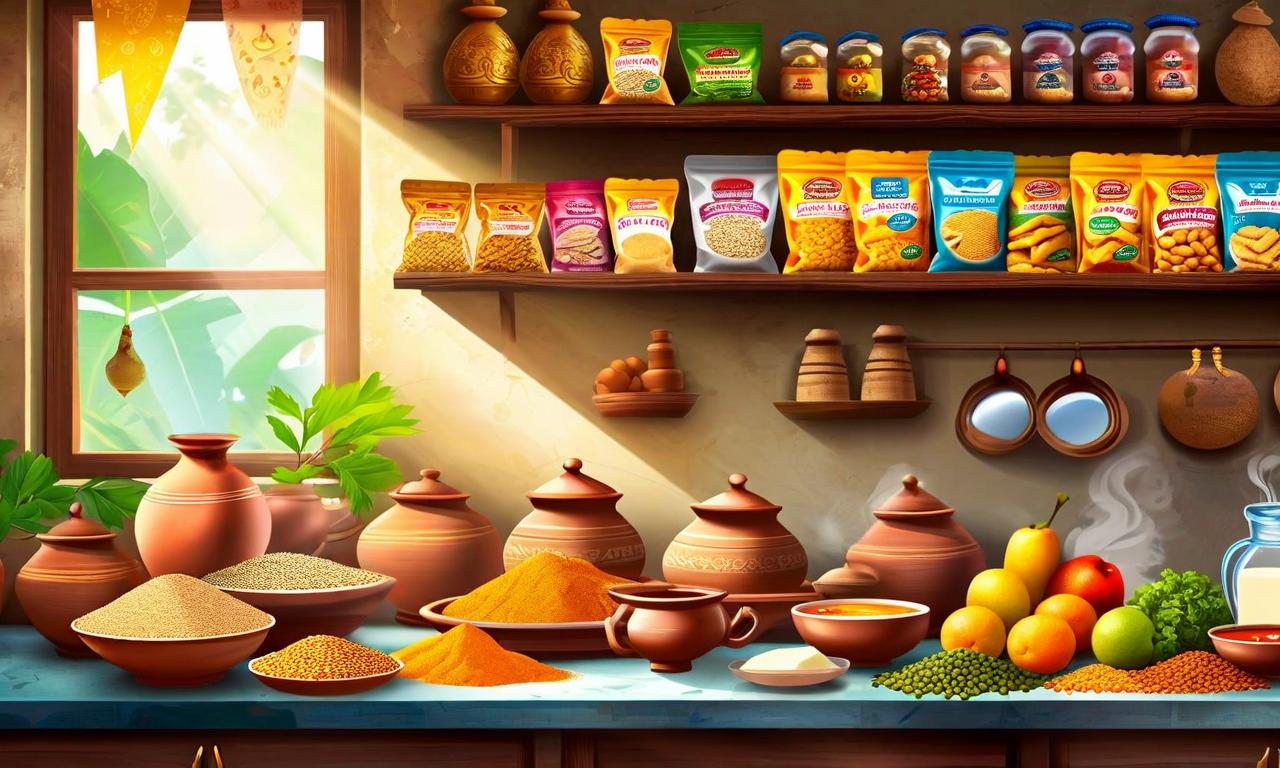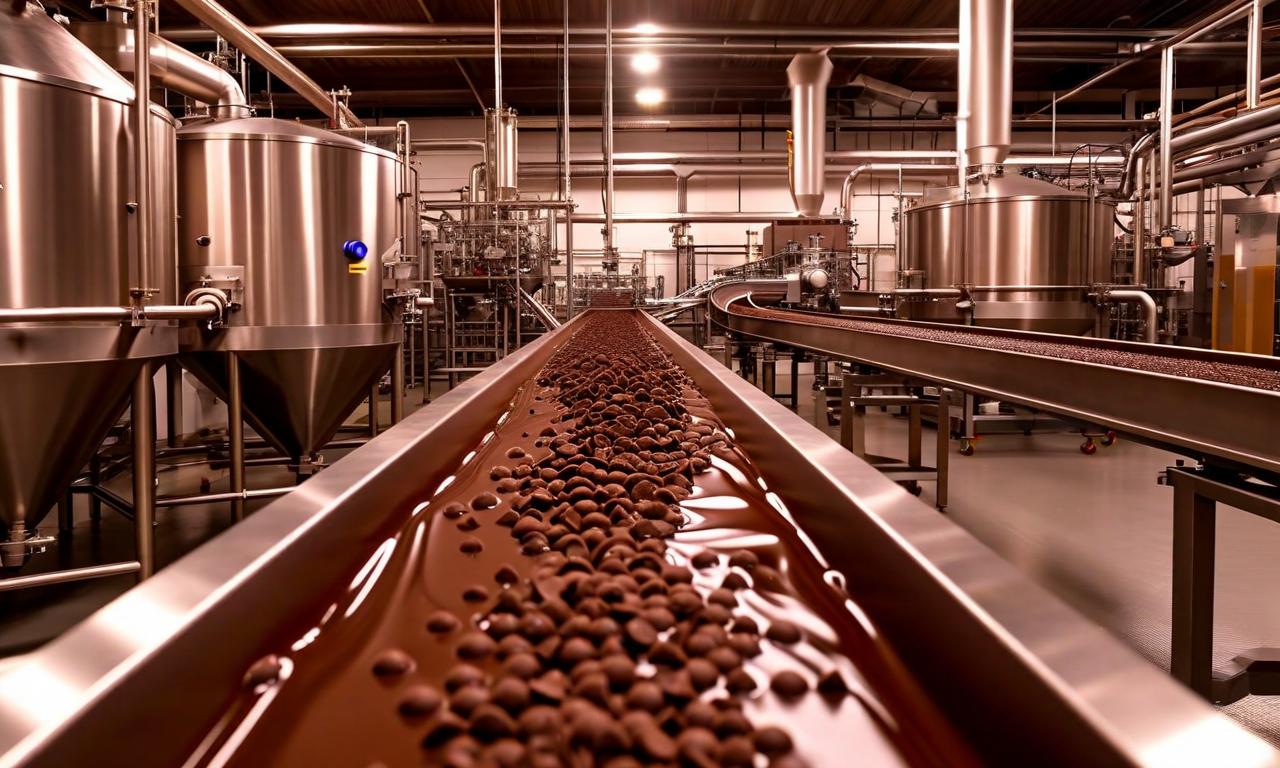FMCG Giants Commit to Passing GST Benefits to Consumers, Implementation Expected in 4-5 Weeks
Major FMCG players in India have committed to transferring GST reform benefits to consumers. New GST rates, effective from September 22, will reduce taxes on essential items like toothpaste, soaps, shampoos, and stationery. Some goods previously taxed at 28% will now fall under 18% GST. Middle and lower-middle-class consumers are expected to benefit most. The industry anticipates increased consumption and a more level playing field for tax-compliant companies. However, due to MRP regime complexities, price reductions may take 4-5 weeks to reflect on store shelves. Sudhir Sitapati, Chairman of CII National Committee on FMCG, predicts sharp volume growth in consumption sectors in the second half of the financial year.
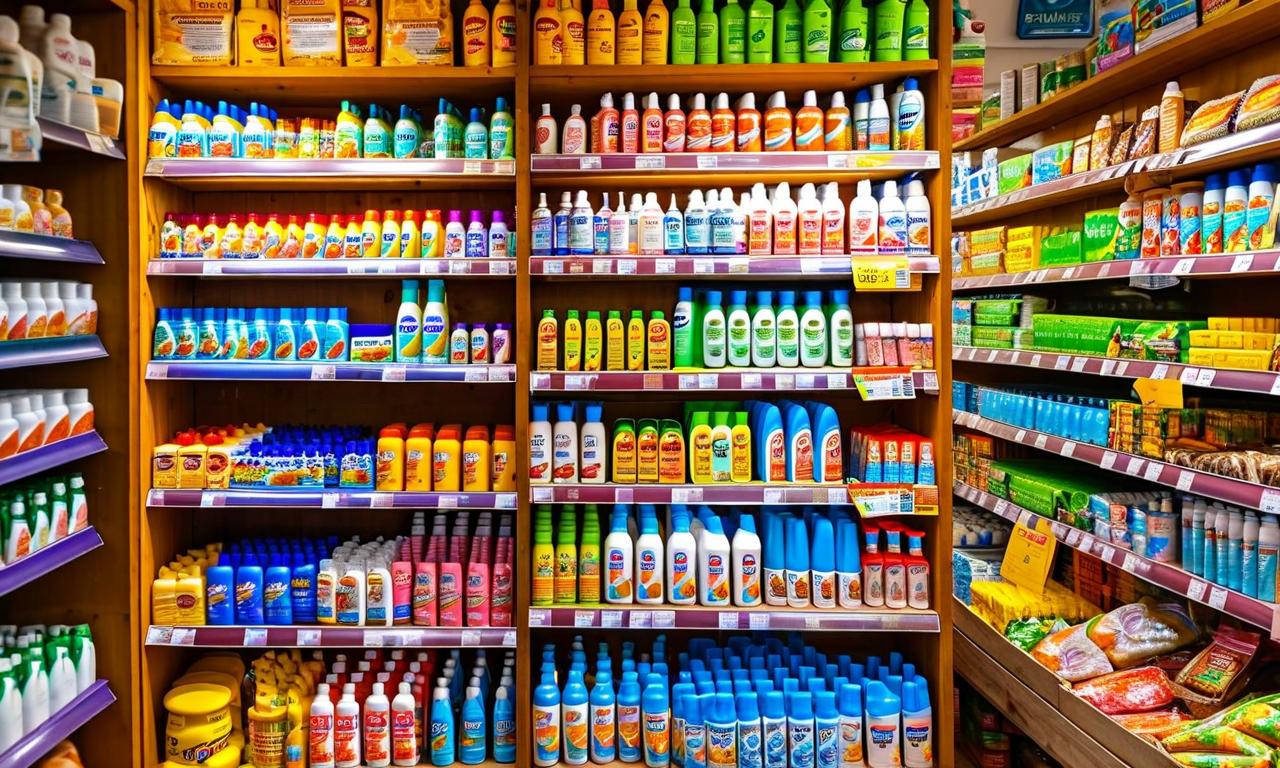
*this image is generated using AI for illustrative purposes only.
In a move set to benefit millions of Indian consumers, major players in the Fast-Moving Consumer Goods (FMCG) industry have pledged to transfer the advantages of recent Goods and Services Tax (GST) reforms to their customers. This commitment comes in the wake of the government's latest tax overhaul, as announced by Sudhir Sitapati, Chairman of CII National Committee on FMCG and MD & CEO of Godrej Consumer Products Ltd.
New GST Rates and Implementation Timeline
The revised GST rates are scheduled to take effect from September 22. However, due to the complexities of the Maximum Retail Price (MRP) regime in the FMCG sector, consumers may have to wait 4-5 weeks before seeing these price reductions reflected on store shelves.
Key Changes in GST Structure
The reforms include significant GST reductions on essential items:
- Toothpaste
- Soaps
- Shampoos
- Stationery
Additionally, certain goods previously taxed at 28% will now fall under the 18% GST bracket, marking a substantial reduction.
Expected Benefits and Impact
Consumer Benefits
The middle-class and lower-middle-class segments of society are anticipated to be the primary beneficiaries of these tax reforms. The reduction in prices of everyday essentials is expected to provide relief to household budgets.
Industry Impact
- Boost in Consumption: The reforms are projected to stimulate consumption across various product categories.
- Level Playing Field: Tax-compliant companies are likely to become more competitive against smaller regional players operating outside the GST network.
- Specific Company Impact: For Godrej Consumer Products, the soaps business, which represents 35% of their operations, is expected to see the largest benefit from these changes.
Industry Outlook
Sudhir Sitapati expressed optimism about the future, predicting sharp volume growth across consumption sectors in the second half of the financial year. This positive outlook is attributed to several factors:
- The recent GST reforms
- Income tax reductions
- Stable crude oil prices
Implementation Challenges
While the industry's commitment to passing on GST benefits is clear, the actual implementation faces some hurdles:
- MRP Regime: The existing Maximum Retail Price system in the FMCG sector necessitates a transition period.
- Supply Chain Adjustments: Companies need time to adjust their supply chains and update pricing across various distribution channels.
- Inventory Clearance: Existing stock with old MRP needs to be sold before new, lower-priced products can hit the shelves.
Conclusion
The FMCG industry's commitment to transferring GST benefits to consumers marks a significant development in India's retail landscape. While the full impact of these changes may take a few weeks to materialize, the move is expected to bring substantial relief to consumers and potentially drive growth in the FMCG sector. As companies navigate the implementation challenges, consumers can look forward to more affordable essential goods in the near future.


